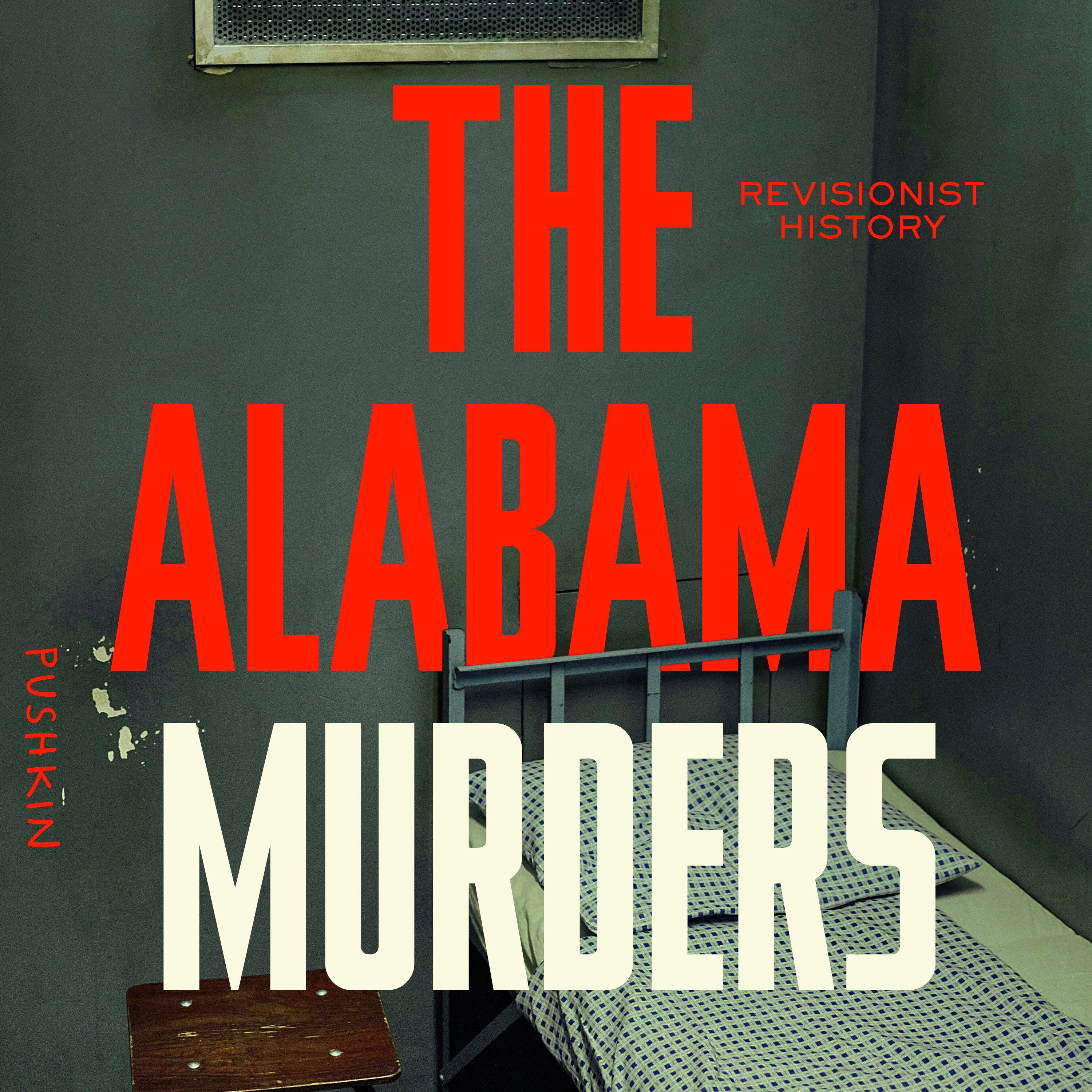Saigon, 1965
Update: 2016-06-23 180
180
Description
In the early 1960s the Pentagon set up a top-secret research project in an old villa in downtown Saigon. The task? To interview captured North Vietnamese soldiers and guerrillas in order to measure the effect of relentless U.S. bombing on their morale. Yet despite a wealth of great data, even the leaders of the study couldn’t agree on what it meant.
To learn more about the topics covered in this episode, visit www.RevisionistHistory.com
Learn more about your ad-choices at https://www.iheartpodcastnetwork.com
See omnystudio.com/listener for privacy information.
In Channel







3:35
Please look into Mark Weber and Steven Irving work and the propaganda of lies by the "all-lies" allies. People must know the truth.
terror management theory adds a lot to the phenomenon explored here
wow I mean wow! I'm waiting for more new sir!
in contrast to the key function held by the concept"moral license" in the 1st episode of Revisionist History (RH), the 2nd episode, "Saigon 1965" which btw I'd entertain (sub-or-counter) titling, something like "RAND:Intellectuals Managing the Empire," offers no social science to take seriously, let alone centrally, enuf to organize itself around. instead, this episode's obvious & reluctant (dis)organizing principle seems to say no more than that different observors are bound to have different views., its final formulation by the seemingly clearest eyed of the 3 refugees who tell most of the sad tale, suggests that, for US Intel operators in LBJ's (losing)war in Viet Nam,"Science" was merely an elevated term for ideas or idealogues that, in agreeing with the powerful, justify their violence. Yet, circling the functional gap that a central idea or explanation would perform is a possibly tragic narrative that seems to exemplify, in the confusion & trauma of its inyel antagonists (not pro